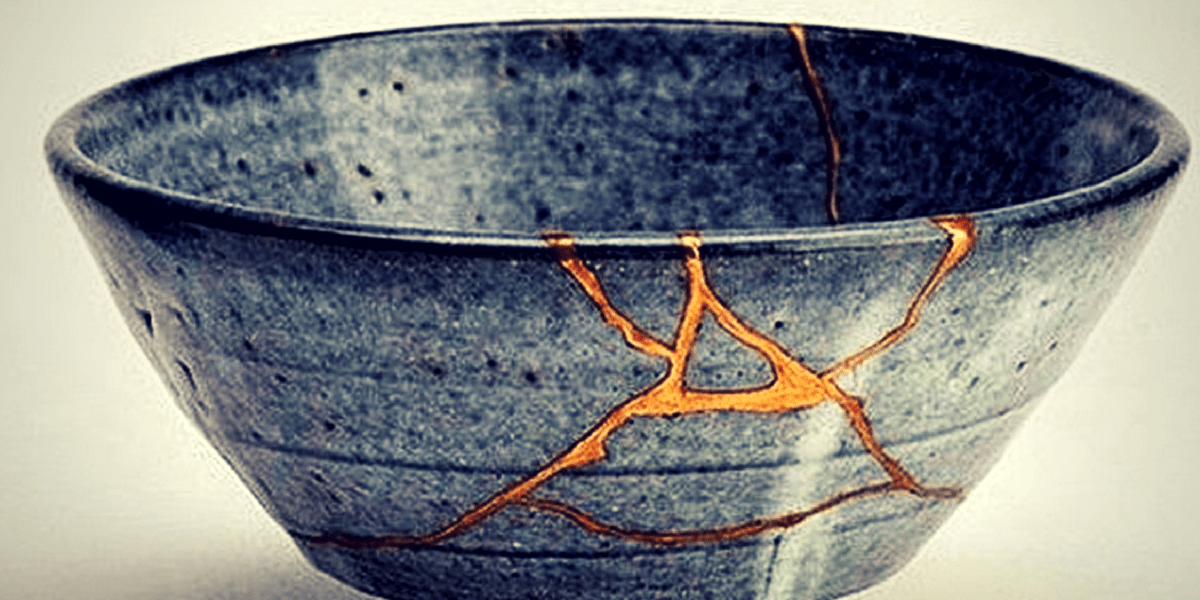Wanda's Vision of Grief
Disney/Marvel’s WandaVision has cast the cultural spotlight on something we all experience but don’t want to talk about. The series takes place in the Marvel universe after the events of Endgame.
Wanda Maximoff’s brother has been killed in battle. Her Love, Vision (a synthezoid made from vibranium) is also gone. Through flashbacks we learn about the bombing-death of her parents as well as the traumatic experiences of her youth.
Without giving too much away, Wanda, like most of us, never has quite the time to process her trauma and go through her grief, you know, with saving the world and all. Each unresolved loss builds on the next until the heaviness feels suffocating. And in the last episode, we learn that Wanda’s grief exploded (literally) in an unconscious attempt to protect herself. As the episode unfolds, we are privileged to a conversation between Wanda and Vision. And everyone’s been talking about “that quote” from Vision. But before we get to that, let’s set some context.
Grief is our natural reaction to any significant loss or change. Grief is an emotional process; our emotional response to that loss or change. Since it is an emotional process, not an intellectual process, we can’t talk our way out of it and there are not “logical steps” to be done. Instead, we must go through it; we must allow those emotions to run their course. And we must remember that emotions are energy.
And, when we lose someone we love, we can narrow our definition of grief even further because grief is inextricably tied to love. Grief is evidence of love. Grief is that feeling we get when we reach out for a special person when we need them the most, only to find that they’re no longer there. Grief is that love for someone special with nowhere left to go.
Or, as Vision so eloquently puts it: “what is grief, if not love persevering?”
Our relationship with our loved one doesn’t end. It just changes. Our relationship doesn’t end because our love doesn’t end. And grief is the outworking of that love with nowhere left to go; it is our emotions trying to work themselves out. Grief is us trying to make sense of what do with that love since its object is gone, and how to work through the resulting emotions.
I am thankful that a show with such a large platform is willing to openly wrestle with grief. It is something we will all go through, but it is something our culture doesn’t talk about. We don’t know what to say to someone grieving, and their outpour of emotion, so we either try to avoid them, offer empty platitudes, offer them a “fix,” or decide that it’s a good time to talk about ourselves. But if grief is the outworking of love, then certainly we can love each other enough to create safe spaces for one another to work through our grief.
WandaVision reminds us that we are not alone in our grief; and forces us each to ask what lengths we would go to had we the powers. Thankfully, WandaVision has helped bring this discussion to the light. Now it’s up to us to continue the conversation.




